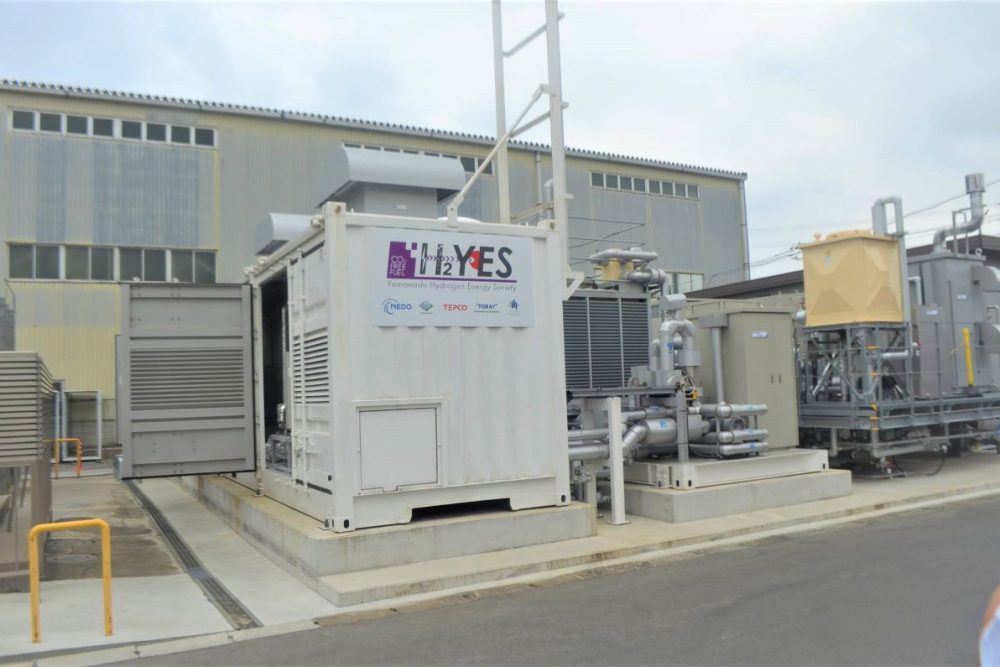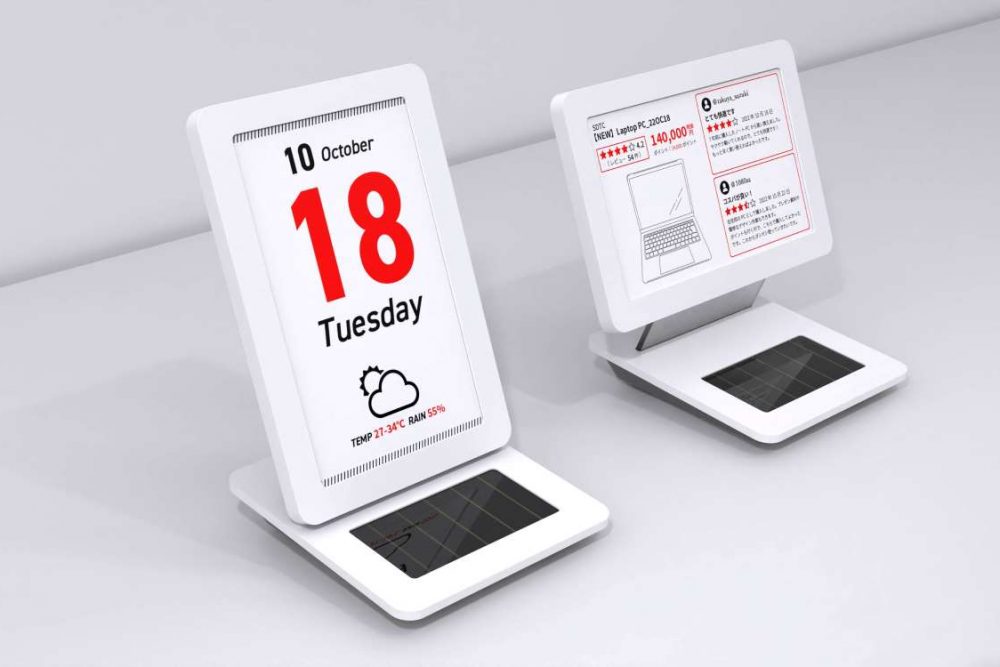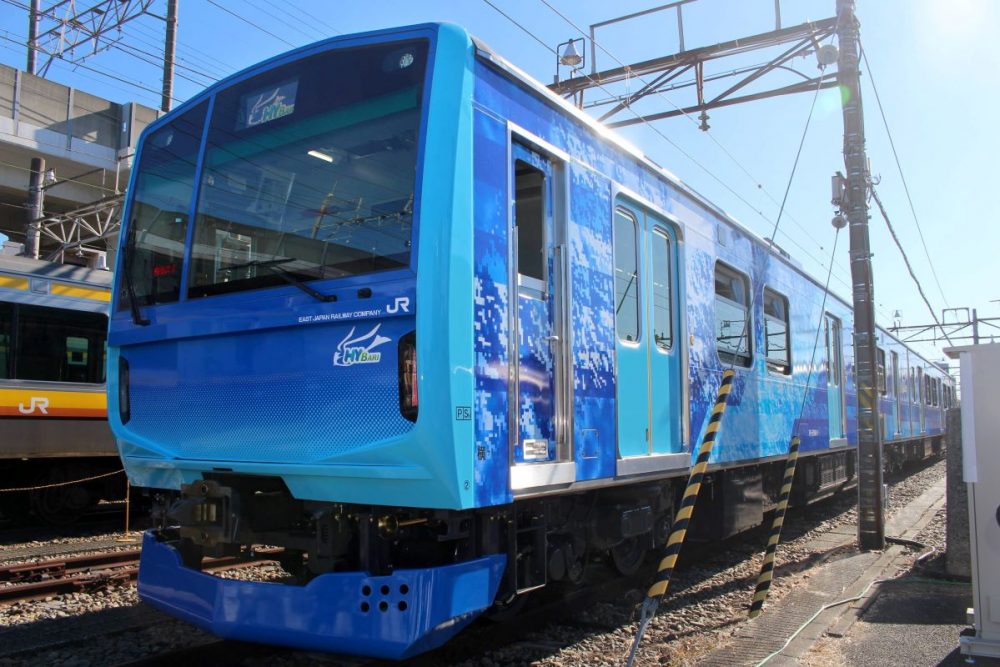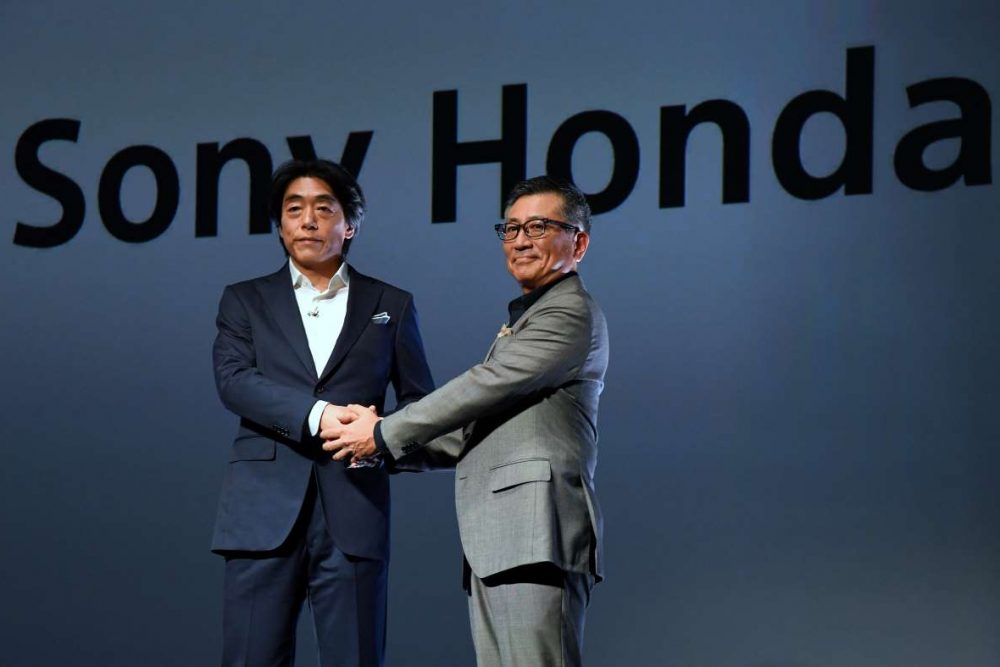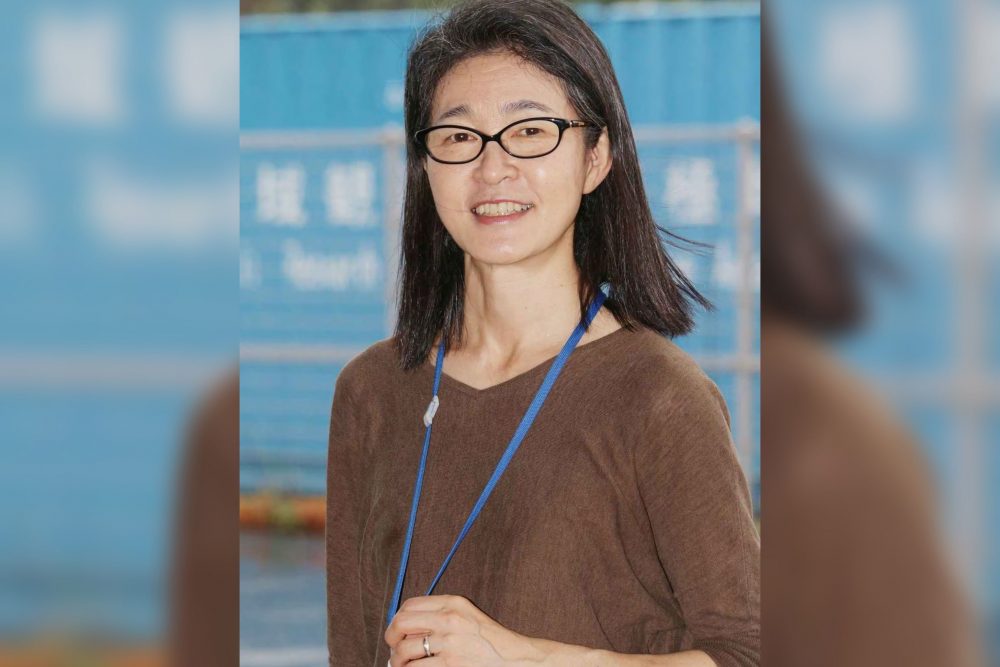Hydrogen Made from Sewage Powering Fuel Cell Vehicles in Fukuoka
Fukuoka will be the first city in Japan to commercialize hydrogen fuel made from treating sewage for use in fuel cell vehicles (FCVs).
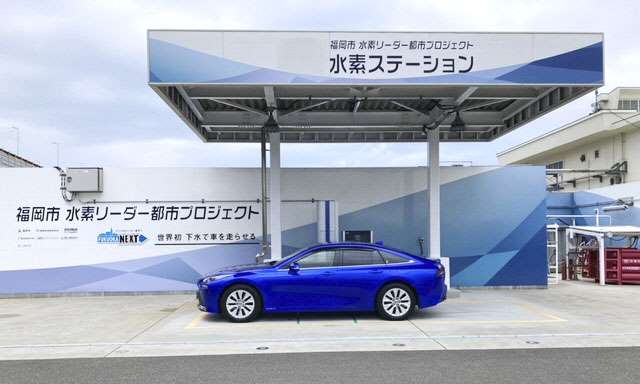
このページを 日本語 で読む
On September 29, Fukuoka City and Saibu Gas announced the establishment of a council aimed at popularizing the use of hydrogen produced from sewage treatment-generated biogas.
From September 26, hydrogen stations operating in the city will begin supplying the hydrogen to fuel cell vehicles (FCVs). This is the first commercial use of sewage-derived hydrogen as fuel for FCVs in Japan.
Other participants in the new council include the Toyota Tsusho Corporation. The council is also collaborating with Kyushu University to conduct research on cost reduction.
Expectations are high for FCVs, which do not emit carbon dioxide (CO2), to become the next generation of eco-friendly cars.
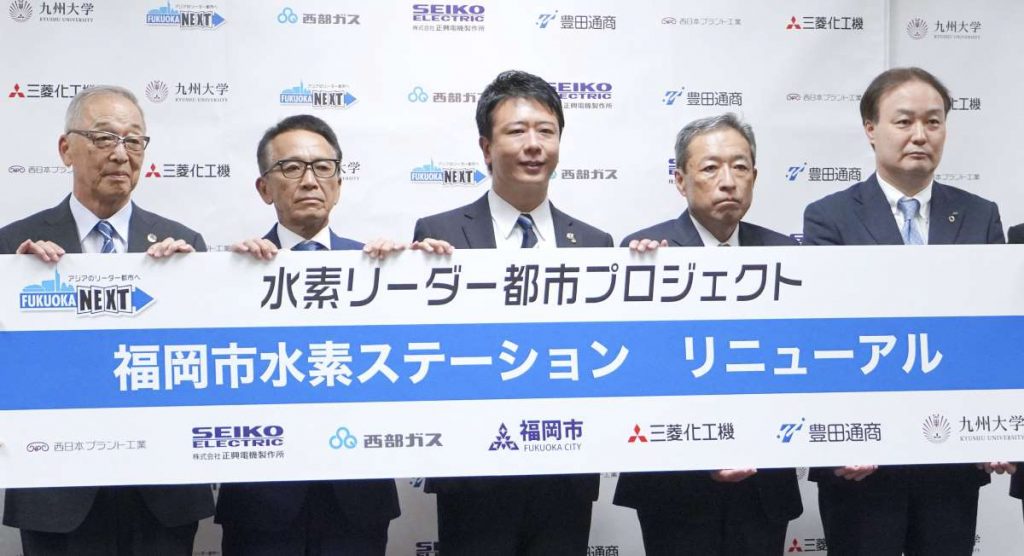
Hydrogen is produced when methane extracted from biogas reacts with water vapor. In just 12 hours of operation, enough hydrogen to fill 60 FCVs can be produced.
Fukuoka City was selected by the Ministry of Land, Infrastructure, Transport, and Tourism (MLIT) in 2014 to operate a demonstration hydrogen station. The city will take over the facilities from the national government and operate the station.
このページを 日本語 で読む






